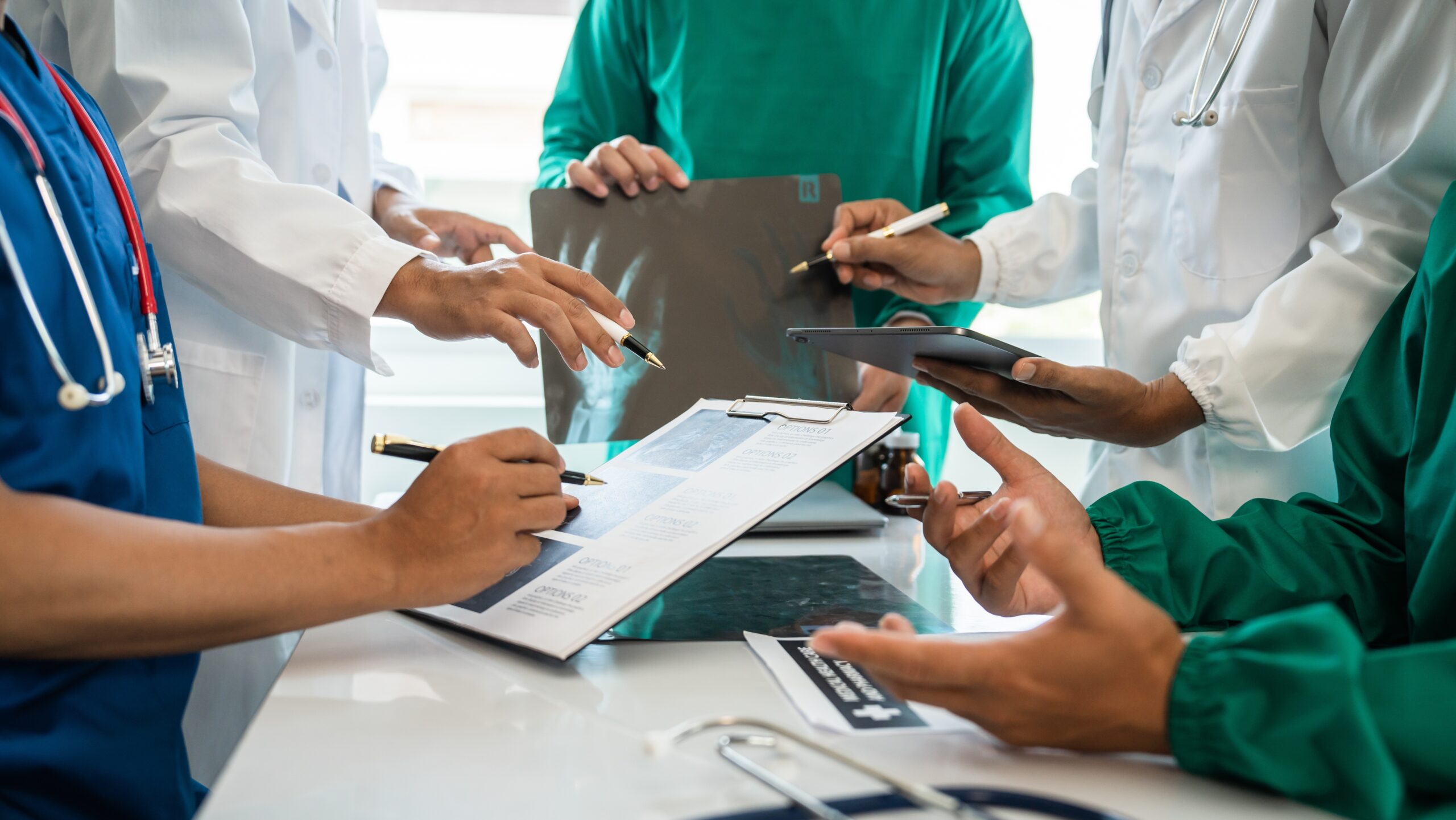
Editor's Note An EHR-integrated closed-loop clinical decision support system (CDSS) significantly reduced unnecessary preoperative testing, improved patient safety, and significantly reduced costs across two hospitals in Madrid, Spain. As detailed in a study published January 3 in npj digital medicine, this system demonstrates the potential of automated guidelines to optimize…

Editor's Note Adverse events (AEs) remain widespread in perioperative care, affecting nearly one in three patients and resulting in substantial and often preventable patient harm, according to a retrospective cohort study published November 13 in The BMJ. The study analyzed 1,009 weighted admissions from a sample of 64,121 surgical patients…

Editor's Note Research shows a deeper neuromuscular block (NMB) can help perform complex abdominal surgeries laparoscopically without impacting intraoperative safety or patient outcomes, according to an October 20 report in MedPage Today. Conducted across European centers and announced at the American Society of Anesthesiologists (ASA) annual meeting, the randomized trial enrolled…

Editor's Note The success of flood-resistant engineering and a daring rooftop rescue are amid the positive stories to emerge amid the many tragedies wrought by Hurricane Helene, which made landfall as a Category 4 this past weekend in Florida before drenching much of the Southeast and Midwest. Left with too…

Editor's Note Recent research sheds new light on addressing two of the most pressing problems for surgical care: handoff communication failures and care bias and inequities leading to adverse—and preventable—events. These problems are the subjects of two separate success stories in the August issue of The Joint Commission Journal…

Editor's Note The American Medical Association (AMA) annual, nationwide prior authorization survey reveals that over 90% of physicians believe prior authorization negatively impacts patient clinical outcomes. “More telling,” AMA reported July 17, is the fact that 78% of physicians report that this process “sometimes or often” leads to patients abandoning…

Complex problems do not always require complex solutions. Consider the surgical safety checklist. In 2020, more than a decade after the World Health Organization (WHO) started advocating that every hospital use the checklist, research from PSNET found that more than 90% of ORs in countries with a high human development…

Editor's Note Surgeons and surgical trainees who are female or from minority racial or ethnic backgrounds report higher levels of negative emotions and self-doubt after adverse events, according to a recent study in JAMA Network Open. According to a June 5 report in MedPage Today, the single-site, mixed-methods study found…

From integrating new technology to navigating shifts in care delivery and mitigating burnout, the most pressing challenges for healthcare organizations tend to be multifaceted problems that demand multifaceted solutions. For evidence of that, look no further than the Top 10 Patient Safety Concerns 2024 list from ECRI. For every risk…

Editor's Note Mini-slings for stress urinary incontinence (SUI) are similarly effective to mid-urethral slings over a 36-month timeframe, according to an April 11 announcement from the US Food & Drug Administration (FDA). FDA reached this conclusion after an in-depth, systematic literature review of post-market surveillance (“522”) studies required last year…